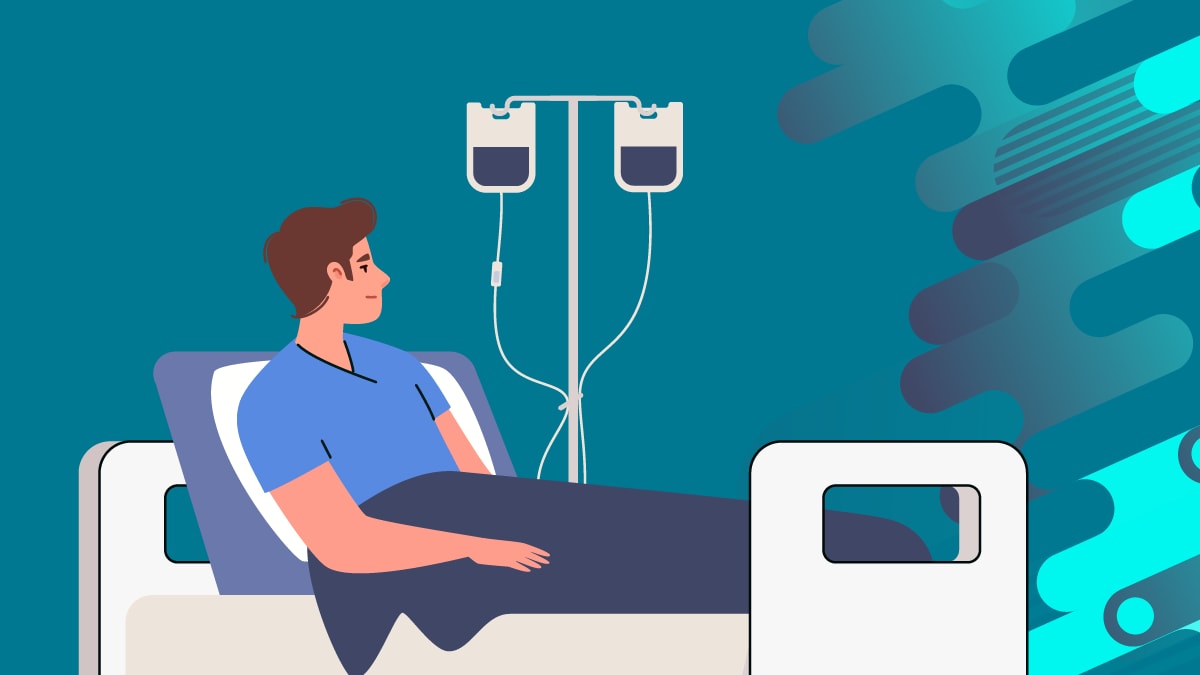Key points
- Histoplasmosis is a lung infection, or pneumonia. Symptoms can range from mild to severe.
- Severe infections can spread to other parts of the body or to the brain (meningitis).
- Presumed Ocular Histoplasmosis Syndrome is a possible long-term complication that can cause vision loss.

Symptoms
Histoplasmosis is a lung infection with symptoms similar to other pneumonias:
- Fever
- Cough
- Fatigue (extreme tiredness)
- Chills
- Headache
- Chest pain
- Body aches
Symptoms of histoplasmosis appear between 3-17 days after breathing in the fungal spores. Most of the time these symptoms are mild and go away on their own within a few days to a month.
In areas where Histoplasma live, people regularly breathe it in and do not get symptoms.
Severe histoplasmosis
Severe illness from histoplasmosis is not common. In some people, usually those who have weakened immune systems, histoplasmosis can develop into a long-term lung infection. In severe cases it can spread from the lungs to other parts of the body, including the brain (meningitis).

Presumed Ocular Histoplasmosis Syndrome (POHS)
Many scientists believe POHS could be a long-term complication of histoplasmosis.
Some people with signs of POHS in their eyes never have any symptoms. Other people can lose their vision because of it. Scientists are still not sure exactly how Histoplasma spreads from a person's lungs to affect their eyes in POHS.
People with POHS can have:
- Small white spots that can appear deep inside the eye.
- Only an eye care professional can identify these spots.
- Choroidal neovascularization (new blood vessels form in the eye).
- This condition can cause vision loss.
One study showed that 1 in 4 people with POHS had choroidal neovascularization.
